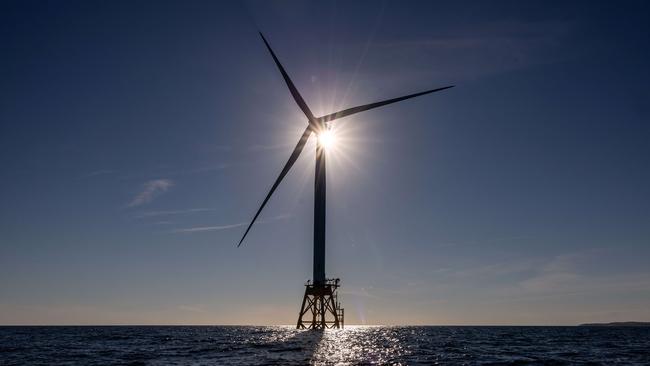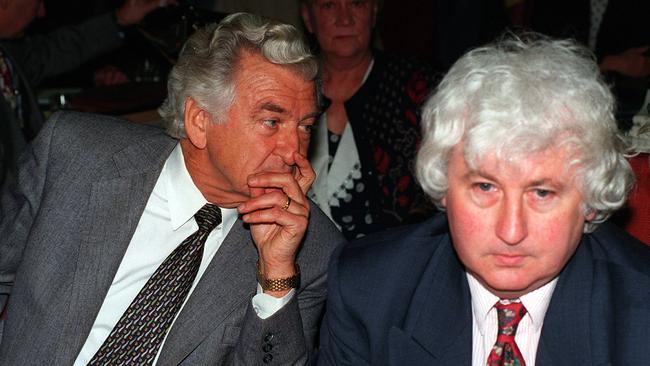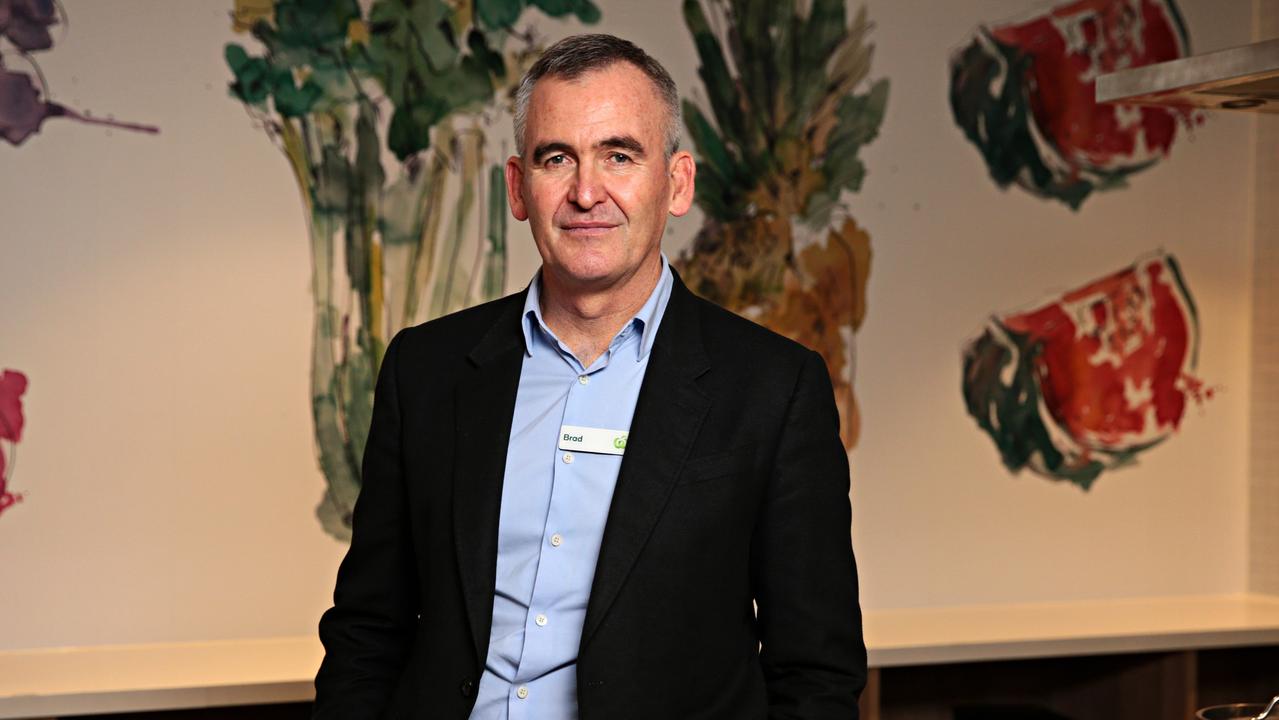Anthony Albanese’s ‘Jobs Summit’ blowing in the wind
The outcome of the Labor government’s upcoming ‘Jobs Summit’ will likely sit somewhere between a bad idea and a simply pointless and irrelevant idea.

Terry McCrann
Don't miss out on the headlines from Terry McCrann. Followed categories will be added to My News.
The Albanese Labor government’s “Jobs Summit” at the start of next month might or might not be a good political idea for the government.
But I suggest the ‘result’ – for want of a better term – will sit somewhere between a bad idea and a simply pointless and irrelevant idea.
That’s to say, it will replay Kevin Rudd’s “2020 Summit”, held in 2008, rather than Bob Hawke’s 1983 “Economic Summit” – or rather more accurately the myth of the 1983 summit.
The year 2020 came and went with never a mention of all the things that the Rudd Summit had “delivered”.
True, we – and the world – had something else on our minds through 2020. But even without Covid, there was simply nothing actually “resulting” from the talkfest 12 years before.
The summit had proved to be quite literally utterly pointless – so far as “achieving things” by 2020.
It had just been a few days of unending bloviating. My only memory is of a prime minister conducting most of his discussions sitting on the floor.
But wasn’t the 1983 summit the very opposite? Didn’t it “unleash two decades of economic reform”, as one gushing headline put it recently.
Well, actually, no.
What unleashed those “two decades” were decisions taken by the Hawke-Kelty government separately and “events” happening in Australia and around the world.
And, most critically, the Price and Incomes Accord already agreed by the government with the ACTU – and very much personally between PM Hawke and ACTU sectary Bill Kelty. Which is why I suggest that government really should be seen as a Hawke-Kelty one.
Yes, the summit played a valuable role in cementing the Accord. But it most certainly did not expand it to include the business sector.

The Accord – very pertinently, and maybe pointedly in the current inflation context – limited, but certainly did not stop, the wages-prices spiral of the booming post-1983 Australian economy.
The unions – and back in the 1980s both unions generally and the ACTU in particular had vastly greater coverage of the workforce – traded wage rise limitations, but only limitations, for the so-called “social wage”.
They were government benefits in lieu – of which the biggest would be the compulsory superannuation introduced by Hawke’s successor Paul Keating in a later iteration of the Accord.
The biggest policy decision taken by the Hawke government was the floating of the dollar and financial deregulation, completely separately from the Summit.
I might note that had “mixed” results: it helped underwrite the prosperity-creating growth; it also unleashed the “Decade of Greed”, which has essentially continued ever since.
It also forced the 17 per cent home loan interest rates at the end of the 1980s, as the Reserve Bank’s “official rate” became – and remains – as the only anti-inflation tool of the policymakers.
Again, something to bear in mind, as we return to our high inflation reality after the upcoming summit.
The key point out of all this is that 1983 “worked” – to the extent it did in giving an imprimatur of endorsement and legitimacy to the Accord, especially for Kelty dealing with union recalcitrants – is that it needed a “big idea” taken to the summit and anchoring the summit.

There’s nothing like that for next month. Indeed, if anything, it’s the exact opposite: an already locked-in job-destroying 43 per cent 2030 emissions reduction mandate.
There are two big – as in, humungously big – policy issues, absolutely foundational for jobs. Both more jobs and better and better paid jobs.
The biggest is electricity that is plentiful, is reliable, and is cheap
So the very first thing the Albanese government has done is to legislate for electricity to be made unreliable, expensive and not plentiful, with its 43 per cent emissions mandate.
Oh right, we are supposed to be getting all this ‘free’ electricity.
Tell that to 500m Europeans who are facing a winter of huge discontent and indeed disconnect – with electricity, and gas, prices doubling and more. If they can get either.
Europe has been ‘embracing’ more and more so-called renewables for 30 years now – and all it’s done is make Europe more and more reliant on Russian, cough cough, oil and gas.
Chris Bowen’s ‘big idea’ for the summit seems to be that all the new wind ‘turbines’ in Bass Strait will create lots of jobs because they will need “lots of maintenance”.
Yes, like Paul Hogan on the Sydney Harbour Bridge. Yes, you start painting at one end and when you get to the other end, you go back and start again.
Certainly sounds exactly the high quality, cutting edge 21st century jobs, of the future.
The other one is immigration. Both the quantity – do we go back to 250k a year, every year – and the composition.
Those are decisions for governments not talkfests.
Originally published as Anthony Albanese’s ‘Jobs Summit’ blowing in the wind



